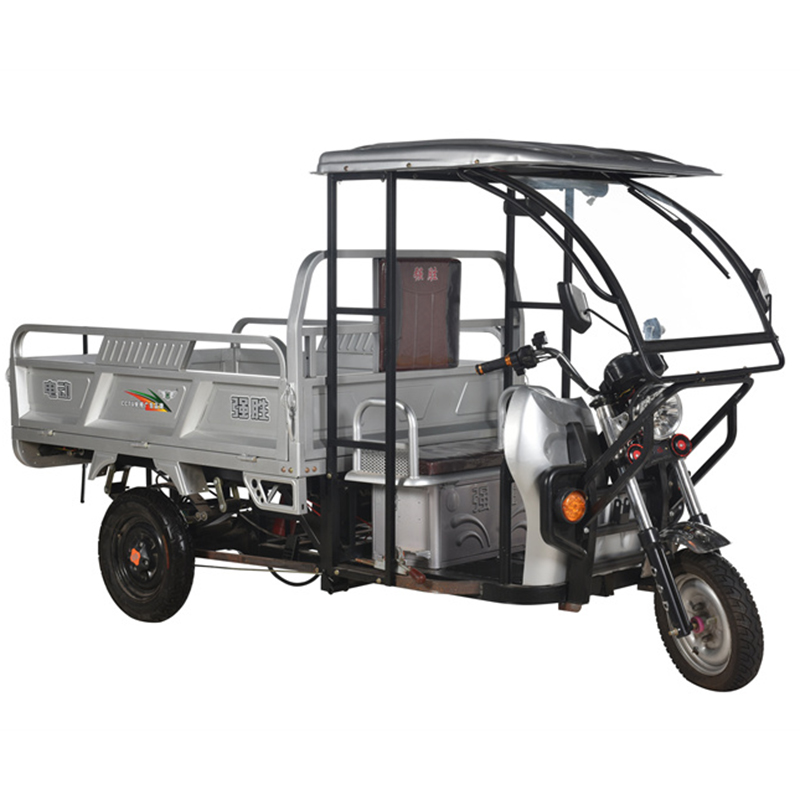Demand for Liquefied Petroleum Gas (LPG) in Barisal has risen sharply in recent years, with many vehicles switching to this low-carbon fuel for cost-benefit reasons.
After the completion of the first Hazi LPG gas station in early 2017, citizens began to use LPG as fuel for their cars. According to the head of the station, the number of gas stations has reached five, each selling 3-6 thousand liters of gasoline per day.

In 2017, the city’s daily need for LPG was 500 liters, and in 2020 it will grow to 5-10 thousand liters. According to the owners of gas stations, the current daily requirement is about 25-35 thousand liters.
Rezbul Karim Rezin, owner of Surovi LPG, said: “We need a floating regasification plant or system to import gas directly to Barishal to meet the huge demand for LPG in this sector, which will reduce the cost of transporting LPG to the region. .Cost.” at the city station Natullabad.
He added that to meet the growing demand for LPG, many of the existing gas stations in Barisal are planning to start selling autogas, with 25-30 new stations to come online in the next few months.
“I have added CNG vehicle service to my gas station,” said Mizanur Rhman, owner of the Rajapur gas station in Jhalakati.
Barisal currently has about 4,500 LPG vehicles, including tricycles, but the gas station owner said the number could be as high as 5,000, according to Bangladesh Road Transport Authority (BRTA) sources.
According to sources in Nathullabad Tin Chaka Motorjaan Samity (Nathullabad Tricycle Association), about 10,000 people in the city depend on CNG-powered tricycles for their livelihood.
“The city is full of LPG tricycles. Recently, many vehicles have been converted to run on motor gasoline to save on fuel costs,” Rezin said.
At present, a liter of LPG costs 55 Tk, which is much lower than the price of gasoline, octane or diesel fuel. LPG vehicles can travel 8 to 10 kilometers on one liter of petrol.
“An LPG car typically needs 10 to 15 liters of fuel a day, depending on the number of trips it makes,” said Lakib, an LPG auto rickshaw driver.
“LP gas vehicles are gaining popularity in the city because they reduce the amount of electricity used to charge battery-powered vehicles,” said Amir Hossain, dean of the city’s Institute of Infrastructure Technology.
Last year, the BRTA in Barisal stopped issuing and renewing licenses for tricycles powered by petrol or diesel.
Sources at BRTA in Barisal say LPG vehicles also reduce noise and pollution in the city.
Diesel or petrol tricycles are very noisy and pollute the air, while waste batteries from electric tricycles pollute water and soil in Barishal, BRTA said.
While most comments are posted as long as they are relevant and not offensive, the decision to moderate is subjective. Posted comments are owned by readers, and Business Standard does not endorse reader comments.
Post time: Sep-09-2022